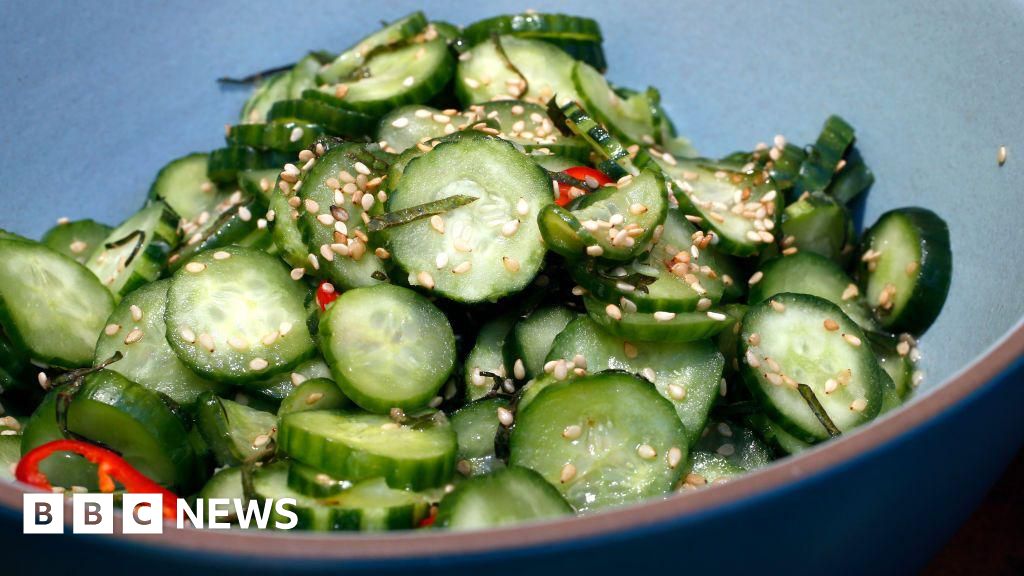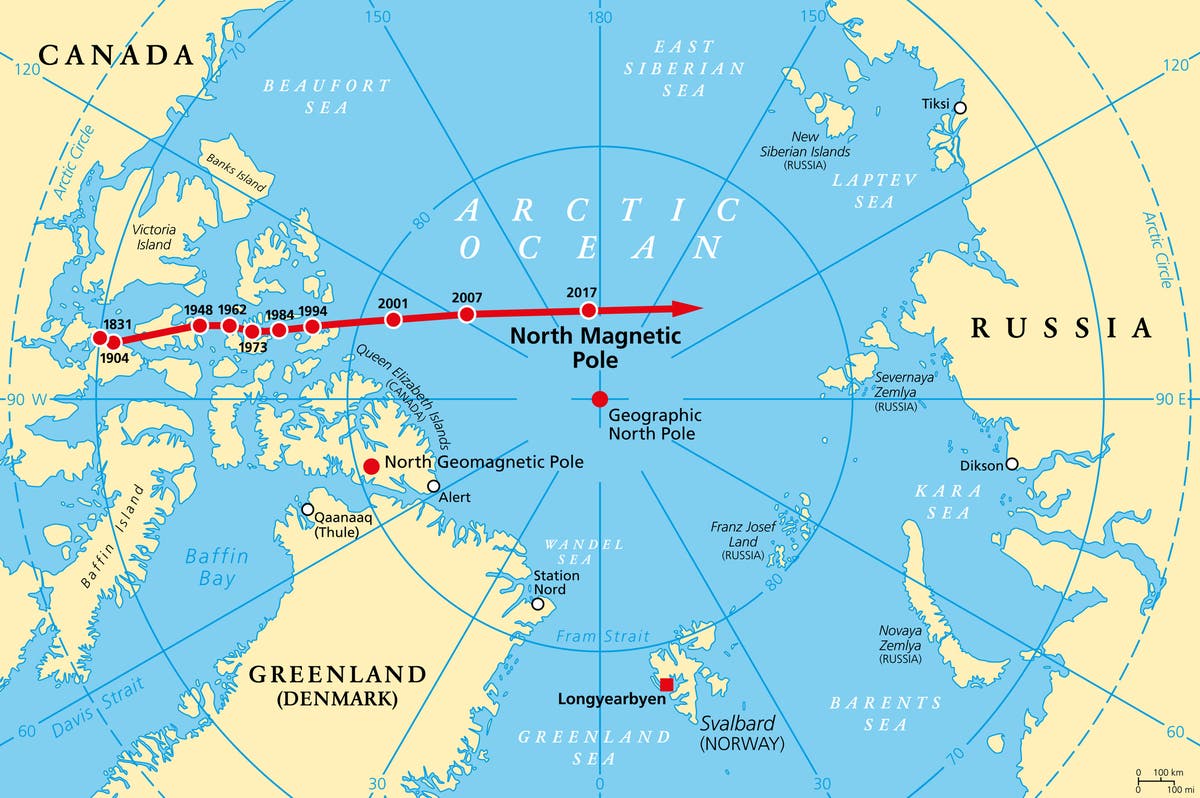Cucumber Craze: TikTok Trend Leaves Iceland in a Pickle

A viral TikTok trend has left Icelandic supermarkets facing a cucumber shortage, with shoppers struggling to find the popular vegetable. The trend, which involves a simple cucumber salad recipe, has sent demand soaring, exceeding the capacity of local farmers.
The recipe, featuring grated cucumbers, sesame oil, garlic, rice vinegar, and chilli oil, gained popularity after Icelandic social media influencers began sharing it online. The sudden surge in demand has caught farmers off guard, with the Horticulturists' Sales Company (SFG) reporting that they are struggling to keep up.
While supermarket chain Hagkaup initially expressed doubts about the link between the trend and the shortage, they have acknowledged a more than doubling in cucumber purchases. The supermarket chain has also seen sales of ingredients like sesame oil and spices skyrocket, potentially supporting the connection between the trend and the increased demand.
The trend can be traced back to Canadian TikToker Logan Moffitt, known as "cucumber guy," who has amassed over 5.5 million followers by sharing unique cucumber-based recipes. Though the viral recipe in Iceland features sesame oil and rice vinegar, Moffitt often incorporates ingredients like cream cheese, avocado, and smoked salmon in his creations.
However, despite Moffitt's popularity, Icelandic experts are hesitant to solely blame the trend for the shortages. Hagkaup has pointed out that cucumber shortages are common in Iceland during this time of year, coinciding with the end of the summer harvest season and the start of school holidays.
SFG's marketing director, KristÃn Linda Sveinsdóttir, supports this explanation, suggesting that farmers often replace their cucumber plants at this time of year, resulting in a temporary decrease in production. She also emphasises the impact of increased demand from schools returning from summer break.
Despite acknowledging these factors, Ms Sveinsdóttir maintains that the TikTok trend remains a significant contributing factor. She notes that the shortage would have been less noticeable if the trend had become popular earlier in the summer, during peak cucumber production.
Icelandic farmers, known for their ability to produce a substantial amount of fresh goods despite challenging weather conditions, produce around six million cucumbers annually. The recent shortage highlights the impact of social media trends on consumer behaviour and the need for farmers to adapt to rapidly changing demand patterns. While the SFG hopes that supply will return to normal within a week, the cucumber craze has served as a reminder of the power of viral trends and their potential to affect the availability of even the most common food items.





